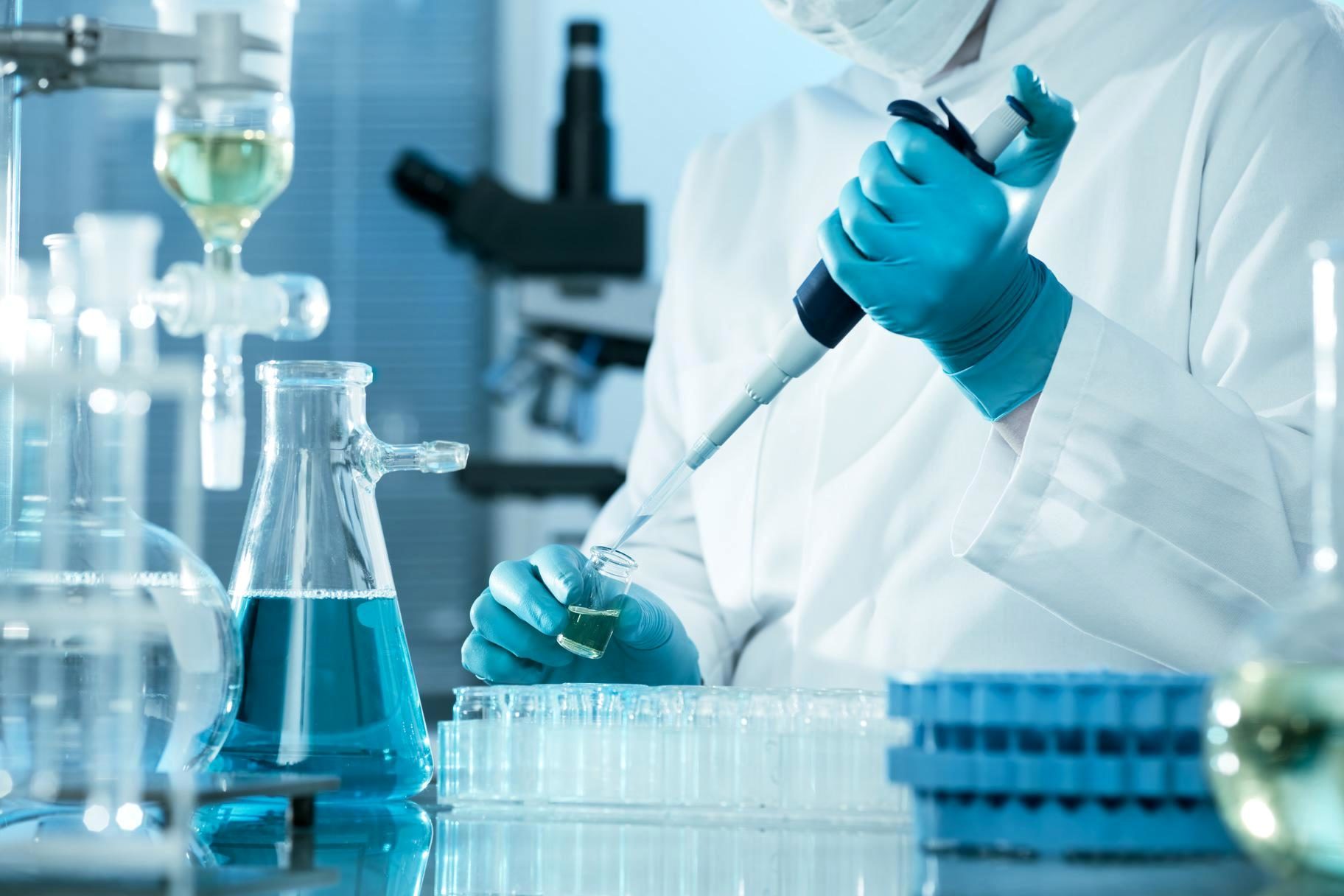
Laboratories
The Faculty has eight scientific laboratories with different disciplines and purposes:
- Environment Laboratory 1 : It is for air pollution control and metrology where environmental and chemical air pollutants tests are conducted as well as the practical aspects of weather variables. It contains various meteorological instruments and air pollution control equipment.
- Environment Laboratory 2 : It is for water pollution control where laboratory tests of chemical, physical and biological water pollution are conducted. It contains a number of scientific devices for these purposes.
- Microbiological Laboratory : The focus of this lab is to conduct and diagnose microbial tests, pollutants as well as fungal and bacterial toxins. It contains a number of laboratory equipment such as microscopes and others.
- Marine Pollution laboratory : The focus of this lab is to study the chemical and physical characteristics of sea water and determining heavy elements concentrations in water samples, sediments and biology. In addition to the designation of hydrocarbons through a number of advanced devices, including atomic absorption device, chromatography device and others.
- Marine Biology Laboratory : It is a laboratory that specializes in the classification and anatomy of fish models, the study of benthic species, the study of fish diseases and food components, as well as ornamental and other breeding.
- Cell and Tissue Laboratory : It is a laboratory that specializes in the study of the structure and composition of the cell, the work of various tissue clips, as well as the study of the chemical composition of fish and other marine life.
- Fish Technology Laboratory : It is a specialized laboratory in fish and marine life technology, including toxic and dangerous animals, as well as training students in food conservation methods through knowledge of the chemical and physical composition of foodstuffs and quality testing.
- Food Microbe Laboratory : It is a laboratory that specializes in microbiome cultivation, microbiome collection recognition, presence density, types of agricultural settings and other relevant tests.




